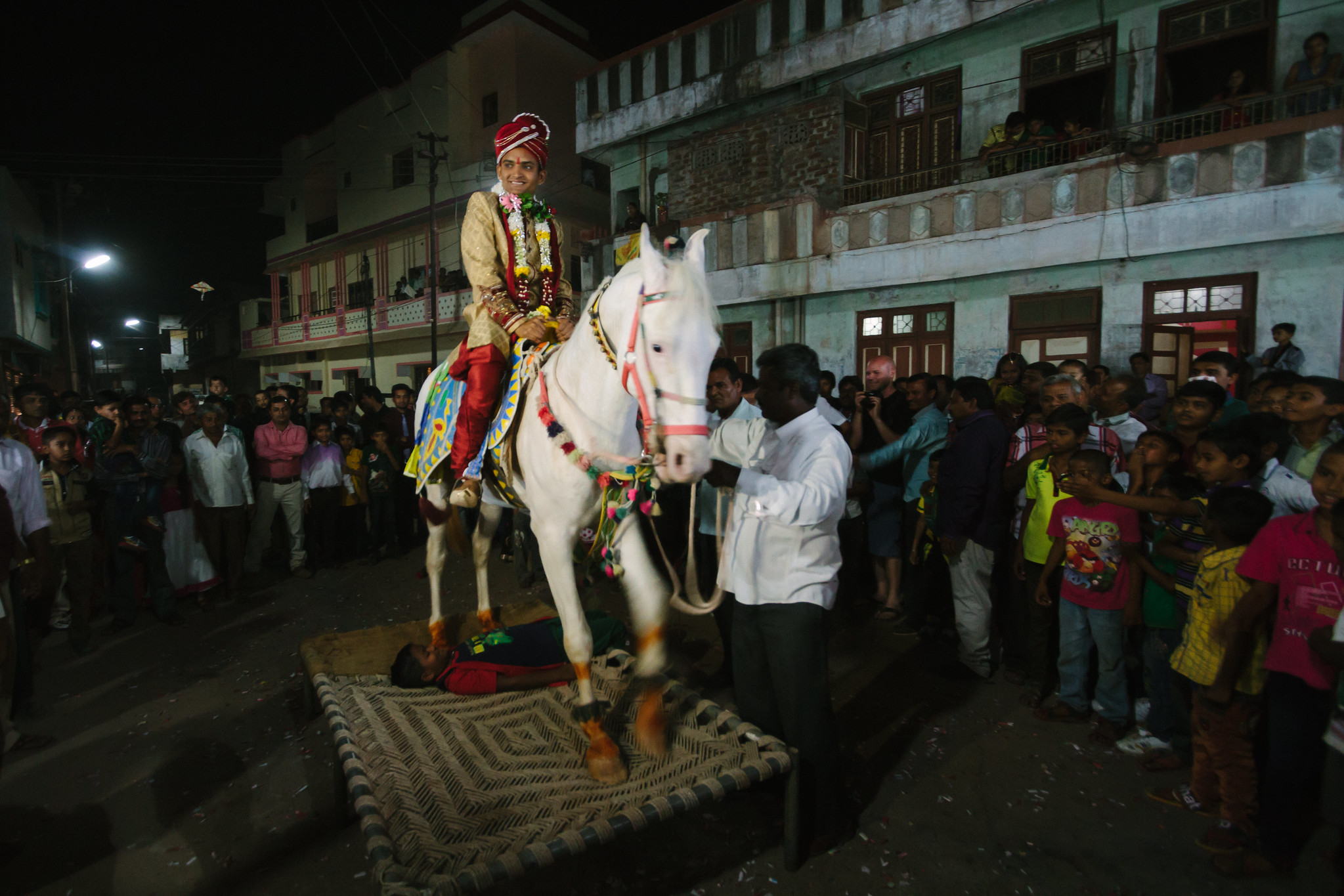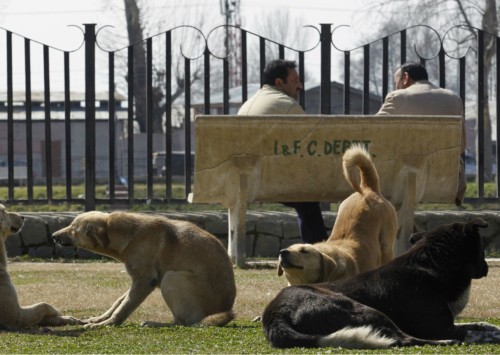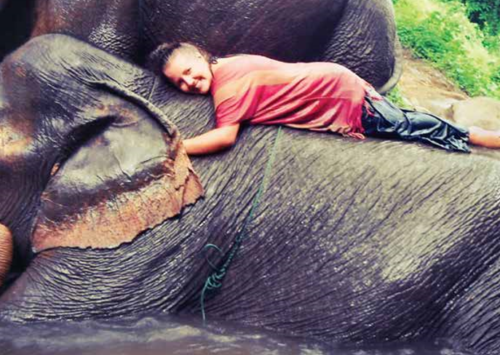Get off your high horse: Abuse of horses in Indian weddings
As yet another wedding season begins in India, animal rights activist group, PETA, has created a mild storm on Twitter in India with its viral tweet against one particular practice that is widely prevalent in Indian weddings, but is cruel and is often lost behind the glamour and noise of a wedding. In its tweet, People for Ethical Treatment of Animals, asks people to desist from using wedding horses calling it abusive and cruel.
Indeed, almost as a rule, Indian weddings feature the bridegroom dressed in a shiny wedding dress, adorned with jewels and a sword, astride a white horse. While most see the groom and his adornments in the wedding pictures and videos, few pay attention to the fate of the animal that is often severely undernourished and almost always highly mistreated and even abused.
For centuries, traditional Hindu-Indian weddings have employed female horses to transport the bridegroom from his house to the bride’s house, accompanied by relatives and friends in a traditional wedding procession called the “baarat”.
“A few hundred years ago, women used to often get kidnapped from their marriages by dacoits or members of a rival clan who would appear on horses. Many horses were kept at the marriage venues to chase the kidnappers. From there originates this lunacy,” writes Maneka Gandhi, BJP leader and the founder of one of India’s largest animal welfare organisations, People for Animals.
The baarat is meant to symbolise a royal journey by the groom to bring home his bride. However, unlike the royal horses that are well-fed and well cared for, with a shiny skin, the wedding horses are their poor cousins that are rarely fed, beaten up regularly and can barely walk, mainly due to brutal and horrific treatment at the hands of their handlers.
Widespread abuse of wedding horses in India
“Horses are tough animals, but they need proper nutrition to stay fit and energetic. However, many horse handlers do not feed the animal at all for days. This makes the horses weak and less energetic hence, easier to control,” Manish Kumar from Chiranji Lal Prajapati Band and Ghodi, a wedding Orchestra and horse handling company based in New Delhi, tells Media India Group.
Generally, wedding horses are made to walk for long distances without any rest, are fed unsuitable food often mandated by the rituals and are expected to stay calm despite loud music, shiny lights, firecrackers as well as screaming revellers.
“Since the horse could lose its calm due to these noises and lights, the handlers often try to pre-empt it and whip, chain, drug the animal, subjecting it to torture in unspeakable ways,” says Kumar, who owns 2 female horses.
Kumar mentions that it can cost anywhere from INR 15,000-20,000 to properly maintain a horse whereas the local handlers do not spare a penny more than INR 5000 or so.
“What they spend monthly on a horse is even lower than what they charge for a single baarat procession which is almost INR 7000-10,000,” said Kumar.
“Handlers often ram spiked bits into the mouths of the horse to control them through pain. These torture devices are fitted into horses’ mouths and cause lacerations, lesions, swelling and bruising. When a spiked bit is fitted into a horse’s mouth daily, the wound just gets worse and is not allowed to improve,” Khushboo Gupta, chief advocacy officer at PETA India, tells Media India Group.
She says that many horses are malnourished, given substandard food, limited access to water and are housed in filthy stables without the regular supervision of a veterinarian.
“Especially with horses who never see a veterinarian, there’s also the risk that they will pass glanders, a fatal, infectious zoonotic disease, to humans,” she adds.
Fair & Lovely: Wedding Horses not an exception
It is reported that the horses that actually land up in the wedding processions are either old racehorses that no longer win at the races or those that are inbred because of their white colour. Almost everyone wants a white mare as the horse for his wedding, but few are aware that white is a rare colour amongst horses and in India, there are very few breeds that exist.
This leads to malpractices of all kinds by horse breeders and handlers to satisfy the market demand. “The obsession with having a white wedding horse is such that the demands are often met with malpractices that include simply painting a horse white,” says Gauri Maulekhi, an animal rights activist and one of the trustees at People for Animals.
Maulekhi tells Media India Group that she finds the usage of horses in wedding processions in this day and age to be totally irrelevant, counterproductive and a distasteful exercise. “In the national capital New Delhi, there is a place called Shadipur where a lot of horses are kept in very dirty, cramped conditions on encroached land but nobody dares to say anything because they are used in wedding ceremonies.”
Indian law, poorly equipped to handle animal cruelty
Critics say that not only does India lack proper legal framework to protect animals from cruelty, but its implementation is so poor that in almost every case, mistreatment and abuse of animals goes unpunished.
The principal law to protect the animals is the Prevention of Cruelty Act,1960 which intends to “prevent the infliction of unnecessary pain or suffering on animals” and also lays down the punishment for the same.
It specifically prohibits the use of spiked bit and says that using a spiked bit shall be subject to punishment, which could include imprisonment.
Maulekhi says that the law is archaic. “The law is not very stringent as the fine for animal cruelty is only INR 50 and even though technically, the bridegroom can be behind bars for as long as 3 months, but such convictions are unheard of and that is probably the reason why violations are on the rise,” she says.
“A refusal to use horses for ceremonies and weddings is the only certain way to end the suffering of these animals,” says Gupta from PETA India.
She mentions that numerous wedding parties are now opting for animal-free transportation options, including everything from walking to arriving in a classic car or a fancy bike, and even dropping in by helicopter.













